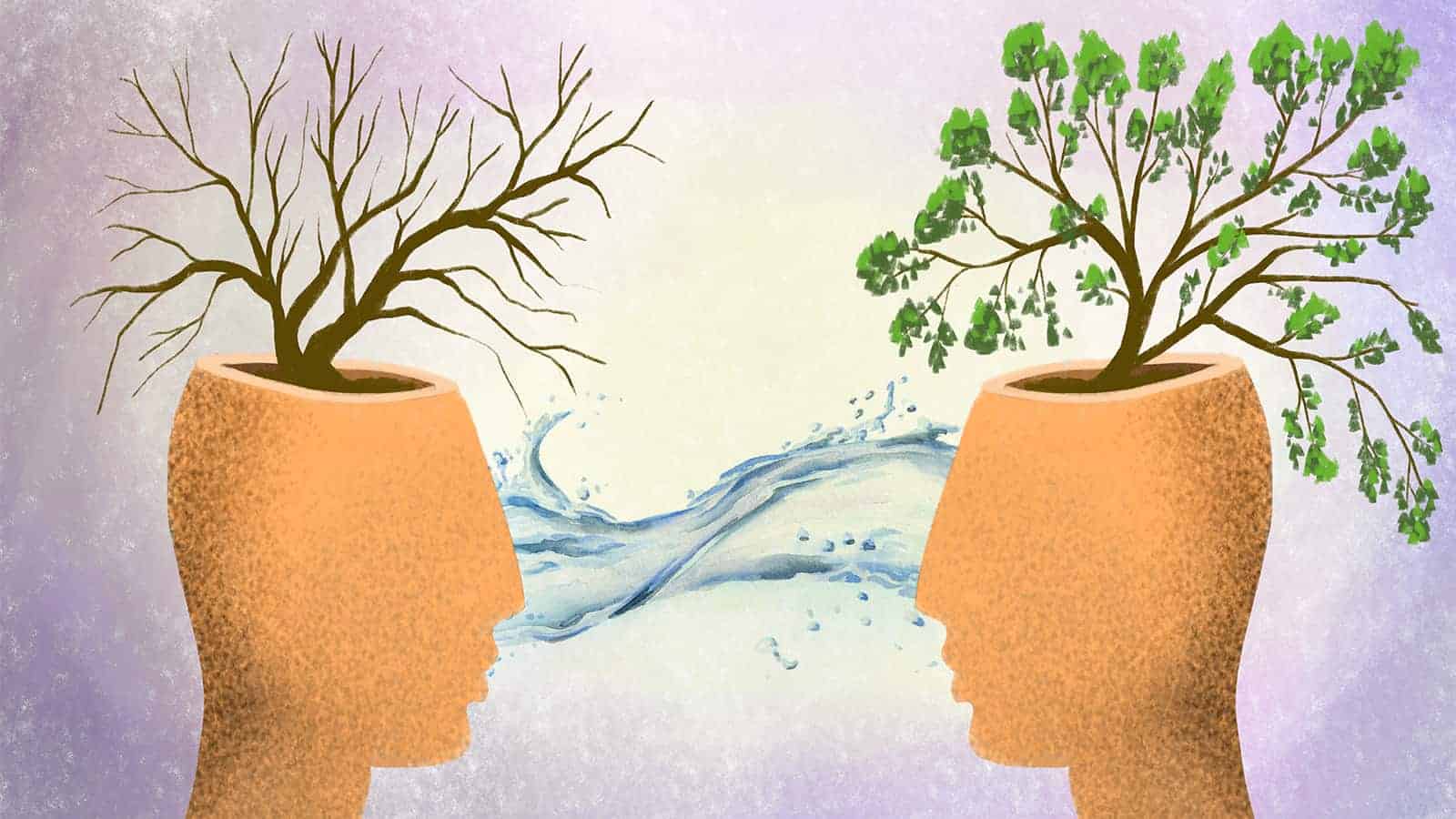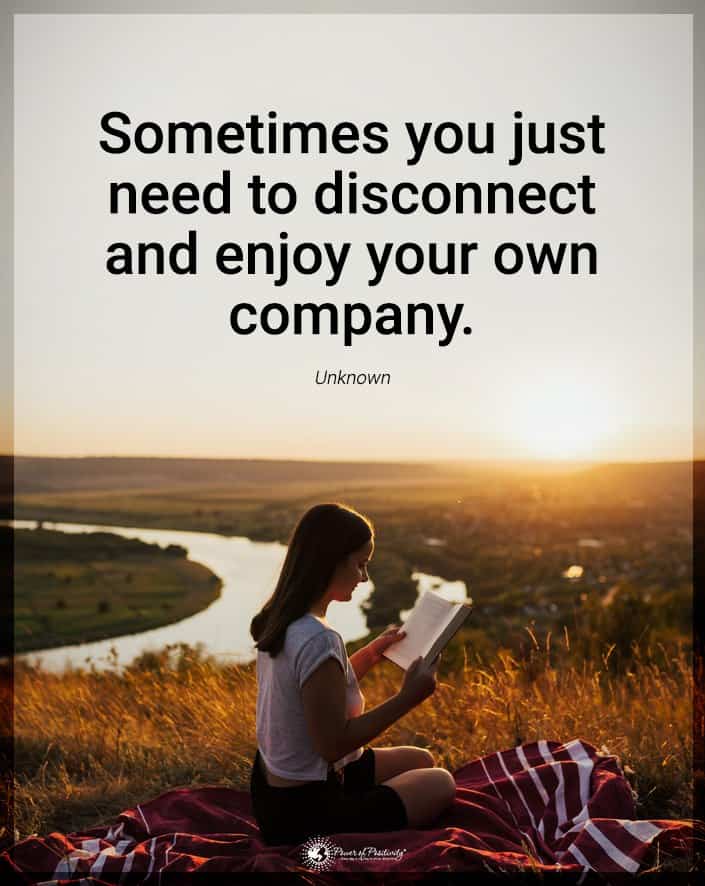Humans are, by nature, social beings. Having positive social connections not only makes your life more fun but makes you feel happier and healthier. Whether you’re having a cookout with some buddies from church or going to a concert with your best friend, it has proven positive interactions help your mental and physical health.
Positive interactions affect your health choices.
Being involved with people affects your health choices. Positive interactions serve as a control against lousy health habits. If you hang out with healthy, active people, you’ll be more active and make better health choices. Of course, you need to choose your friends wisely. If you decide to hang out with people who disregard their health, you’ll get pulled into their dangerous habits, such as these:
- Smoking
- Drug abuse
- Heavy alcohol consumption
- Overeating
- Sedentary lifestyle
You may not realize how much your friends affect your health habits. Things like eating a nutritious diet, exercise and even getting your regular medical check-ups are influenced by your social circle.
Positive social interactions give you better mental health.
Having positive interactions with people who make you feel loved and cared for boosts your mental health. Even as a young child, the strength of your relationships affected you positively. As an adult, socially healthy relationships and positive mental health go hand in hand. There’s a link between solid friendships and lower anxiety and depression. Healthy social relationships can achieve these goals:
- Give you better self-esteem.
- More empathy for others
- The ability to trust
- A better ability to cooperate
Not only do social relationships make you feel happier, but the more you hang out with people, the more they want to spend time with you. Your social connections generate a loop of friendship that keeps going and gives you a sense of belonging.
Positive relationships lower your stress and give your life more meaning and purpose. According to one survey, having in-person contact offsets depression more than a phone call, text, or email. If you’re feeling down, maybe you need to be more socially active. Connect with new people by getting involved in your community, school, church, or neighborhood. Here are other social activities that will help you meet new friends.
- Join a sports team
- Join a book club
- Run in a race in your area
- Join a wine club
- Join a gym
Other benefits of positive relationships
Meaningful relationships give you a sense of being part of something.
1 – Positive interactions help you live longer
Being involved in positive relationships makes you feel more content. They help you make healthier choices and can affect how long you live. According to research, there’s evidence that healthy social relationships increase mortality. People who have less social involvement are more likely to die than those people who were involved socially. Fewer social ties increase the risk of death in men and women, almost twice as much as individuals with social connections. The same study found that having social relationships lowered the risk of death, even in people who have a medical condition. For instance, adults with heart disease who feel socially isolated have a greater chance of another heart attack than others in a similar situation but are more socially connected to their peers.
2 – Positive interactions support several health benefits
Positive interactions provide lots of benefits. Besides influencing your health habits and improving your mental health, social ties give you many health benefits, such as these:
- Lower blood pressure
- Better wound healing
- Delayed cancer
- Healthier immune system
- Better cardiovascular health
- Lowers the wear and tear on your body from repeated stress
3 – Improves your brain health
Being involved with people improves your memory and protects your brain from certain neurological diseases. Even if you’re an introvert, your brain remains social at a certain level. Indeed, it brings a level of positivity to your brain and builds your social intuition. Of course, that positive thinking can make you more productive, smarter, and feel better about your life. Having close friends and family, especially later in life, can help prevent mental decline.
4 – Your faith and positive relationships
Positive interactions at your place of worship influence you to have healthier behavior. These social connections motivate you with a sense of responsibility and concern for other people. When you help others, you have improved health benefits. Studies found that more significant involvement with formal religious organizations or informal social ties like friends or relatives is associated with positive health behavior.
What happens when you’re lonely?
Feeling isolated or alone is common, even if you’re in a crowd of people. Having meaningful, positive friendships helps reduce your feelings of loneliness. Too much time alone can affect your mind and body.
Older people are susceptible to loneliness. But older people who stay socially active in positive relationships are more likely to have the following:
- More satisfaction in life
- Lower risk of dementia
- Lower risk of mental decline
- A better quality of life
- Less of a need for domestic support
They often consider that although older people are at higher risk of loneliness, younger people are also at risk of feeling isolated. Lack of social relationships can affect a young person’s physical health, resulting in obesity, high blood pressure, and even inflammation. Loneliness has risk factors for young people associated with antisocial behavior like suicide and depression.
How do you overcome loneliness?
You can overcome your loneliness by finding deep, meaningful relationships. Find those individuals who make encourage you. Spend time with them or talk to them every day. Of course, relationships differ. Here are three types of positive interactions you can have with people:
- Intimate friendships: These are people who you love and love you back. They provide care for you when you need it. This would be your family and closest friends.
- People who share a common interest: This would be people at work who you see regularly. These relationships can turn into intimate friendships.
- Group friendship: This would be the people you share an affiliation with, such as a church or at the gym. Again, these friendships can become more profound.
Close friends help you stave off loneliness and reduce the chance of developing adverse health habits because of your depression. It takes conscious effort to make friends. To prevent loneliness, try these things.
Be aware that you’re lonely.
If you notice you feel lonely, take action. Take steps to relieve your lonely feelings by getting involved with people.
Find quality relationships
Just being around people isn’t the same as close friends who know you and care for you. Find a caring community like a church to find people who have similar interests, attitudes, and values as you.
Loneliness is serious–so positive interactions do count!
Don’t ignore your feelings of loneliness. It can affect your health and mental well-being. Attempt to get socially involved with others to relieve your loneliness and get healthy.
What’s the difference between loneliness and solitude?
There’s a big difference between loneliness and solitude. Solitude is being alone but not feeling isolated. It’s a choice to have alone time. Loneliness involves isolation and wishing you weren’t alone. Feeling lonely is a problem. Being alone may not be a problem if you’re content and fulfilled in life.
Do social networking relationships help?
Social networking or social media websites can give you the feeling that you connect with people. But they aren’t as meaningful or helpful to you as having positive interactions in-person. Getting time for coffee or inviting a neighbor to go on a walk does more for your mental health than getting a like on your Instagram.
How can you have deeper friendships?
So, how do you make deeper friendships? Evaluate the people you spend time with. Do they exhibit positivity? Be honest with yourself about your social relationships. Perhaps you stick to your old friends who have unhealthy habits. If you desire to live healthier, maybe you should look for a more positive group of friends.
Consider what sort of relationships you want to have. Perhaps you have some old friends you want to reconnect with. Reach out to them. It may surprise you at a depth of relationship you have with them. Strengthen your existing relationships with people at work, at school, church, or in your neighborhood. Things you can do include the following:
- Give someone a call
- Invite someone to coffee
- Invite a neighbor over for a meal
- Start a chess club and invite friends
- Play golf with a new friend
- Go bowling with some old friends
Final thoughts on fostering positive interactions for a better life
Positive interactions and good mental health go hand in hand. There is a link between having positive relationships and your sense of well-being and purposeful life. Solid friendships reduce your anxiety and a tendency towards depression. You have better self-esteem, more empathy for others, and a greater ability to trust people. So, if you’re feeling lonely, get some positivity into your life. Look for ways to socialize with people, whether it’s at your church, at the gym, or in a book club.

















 Community
Community

